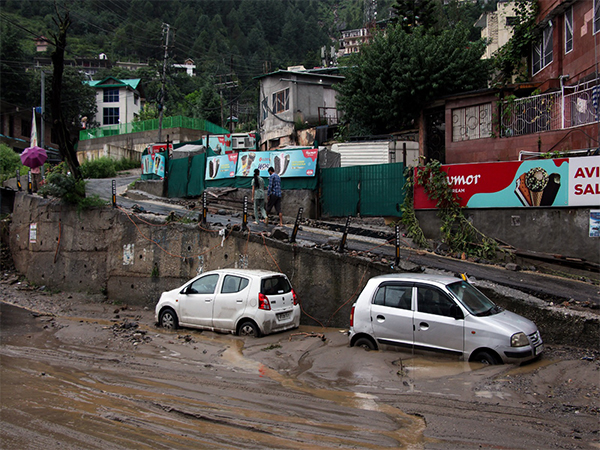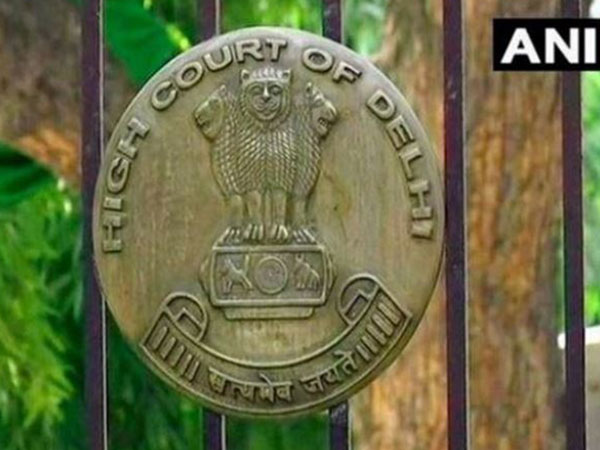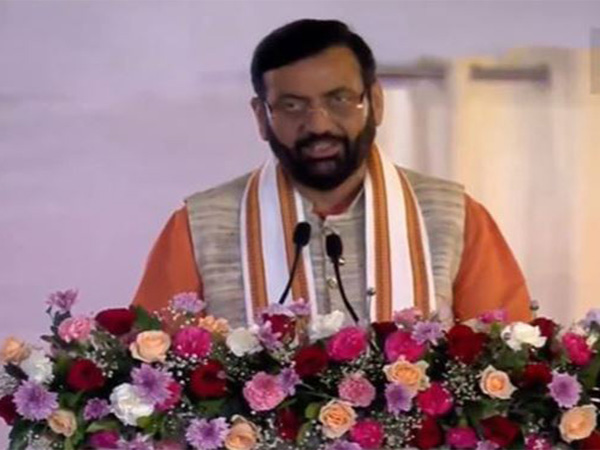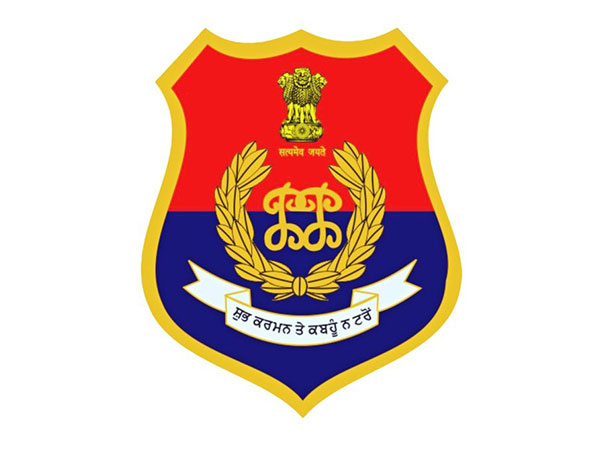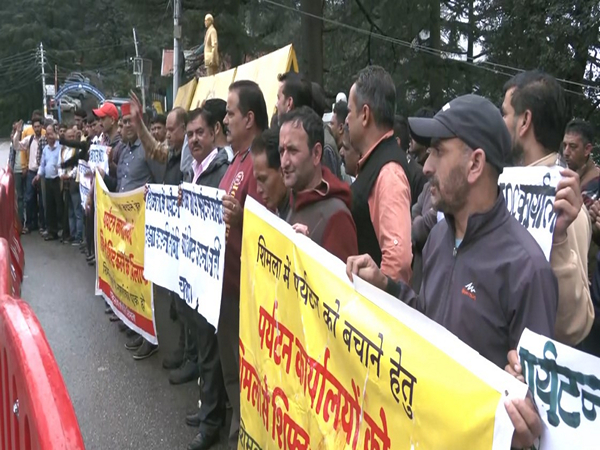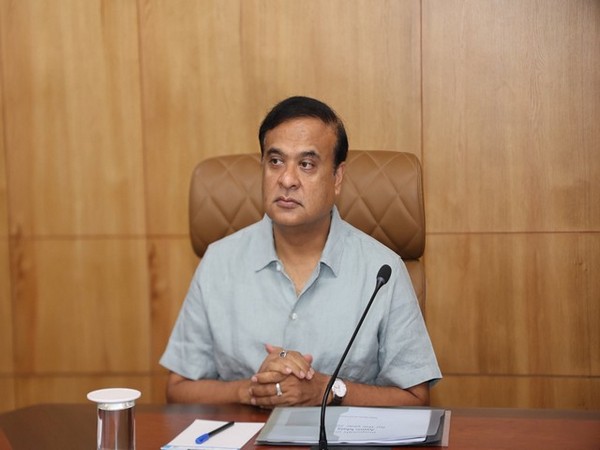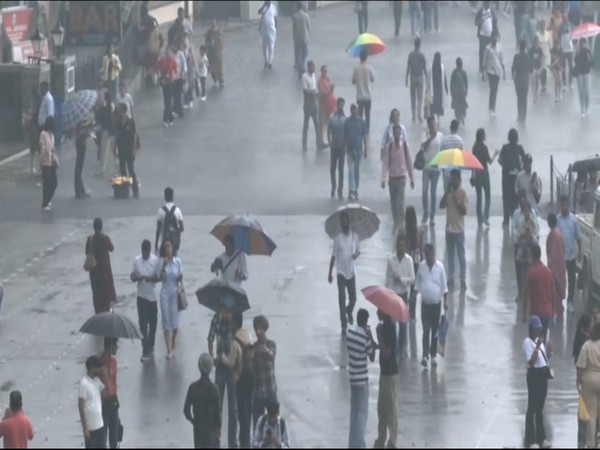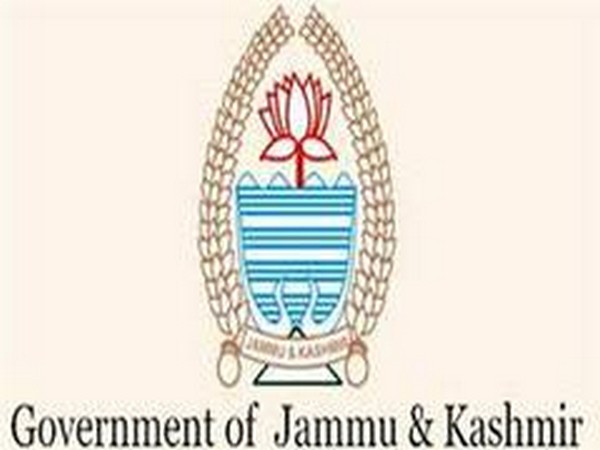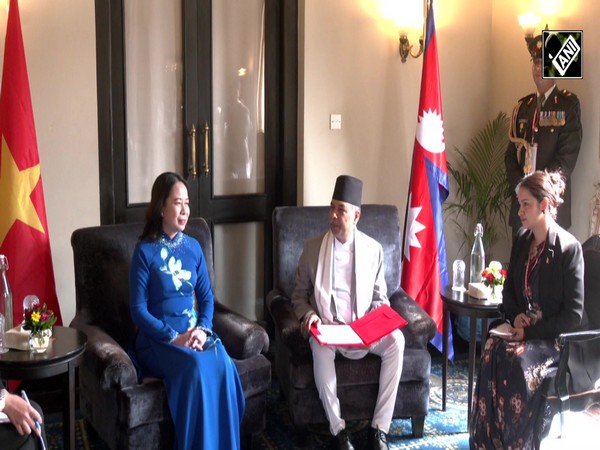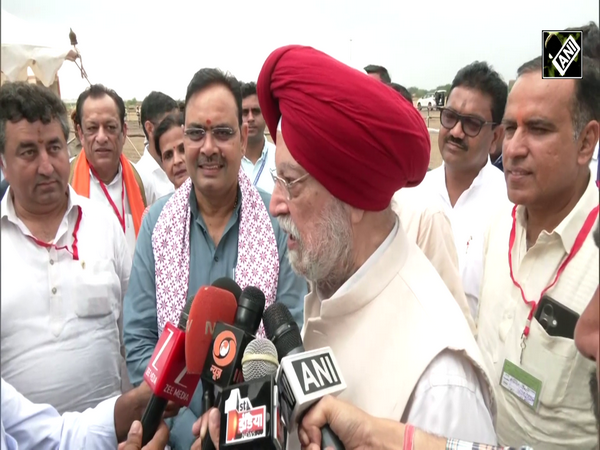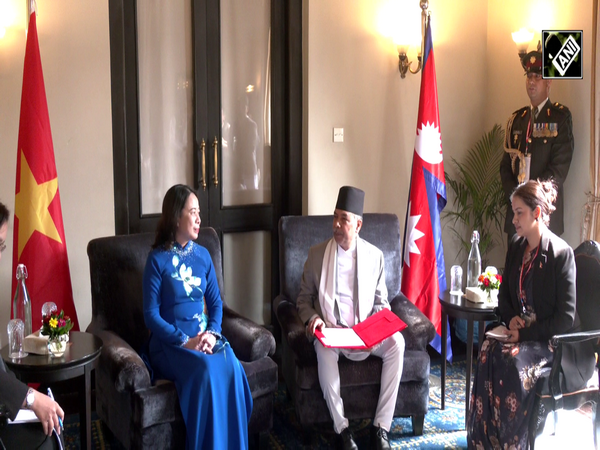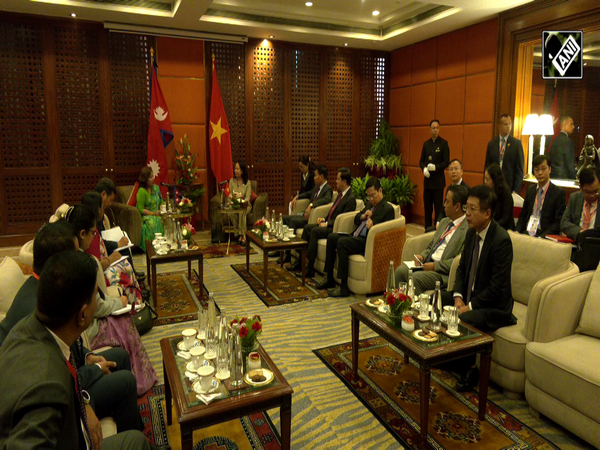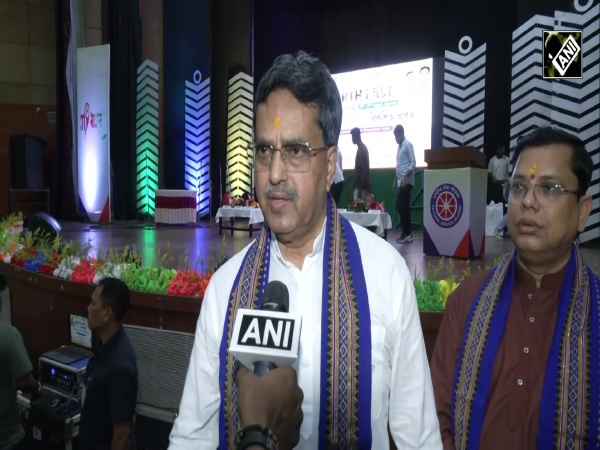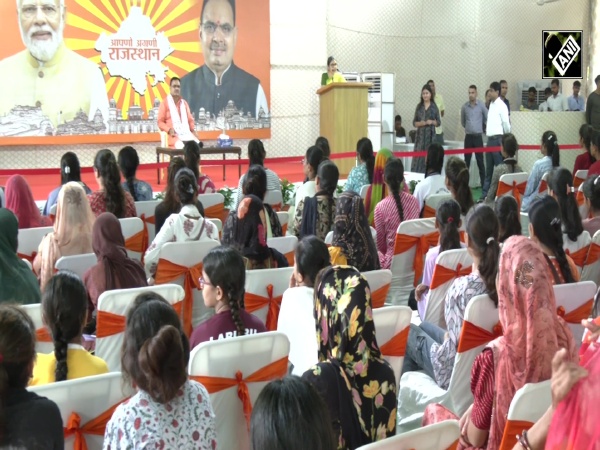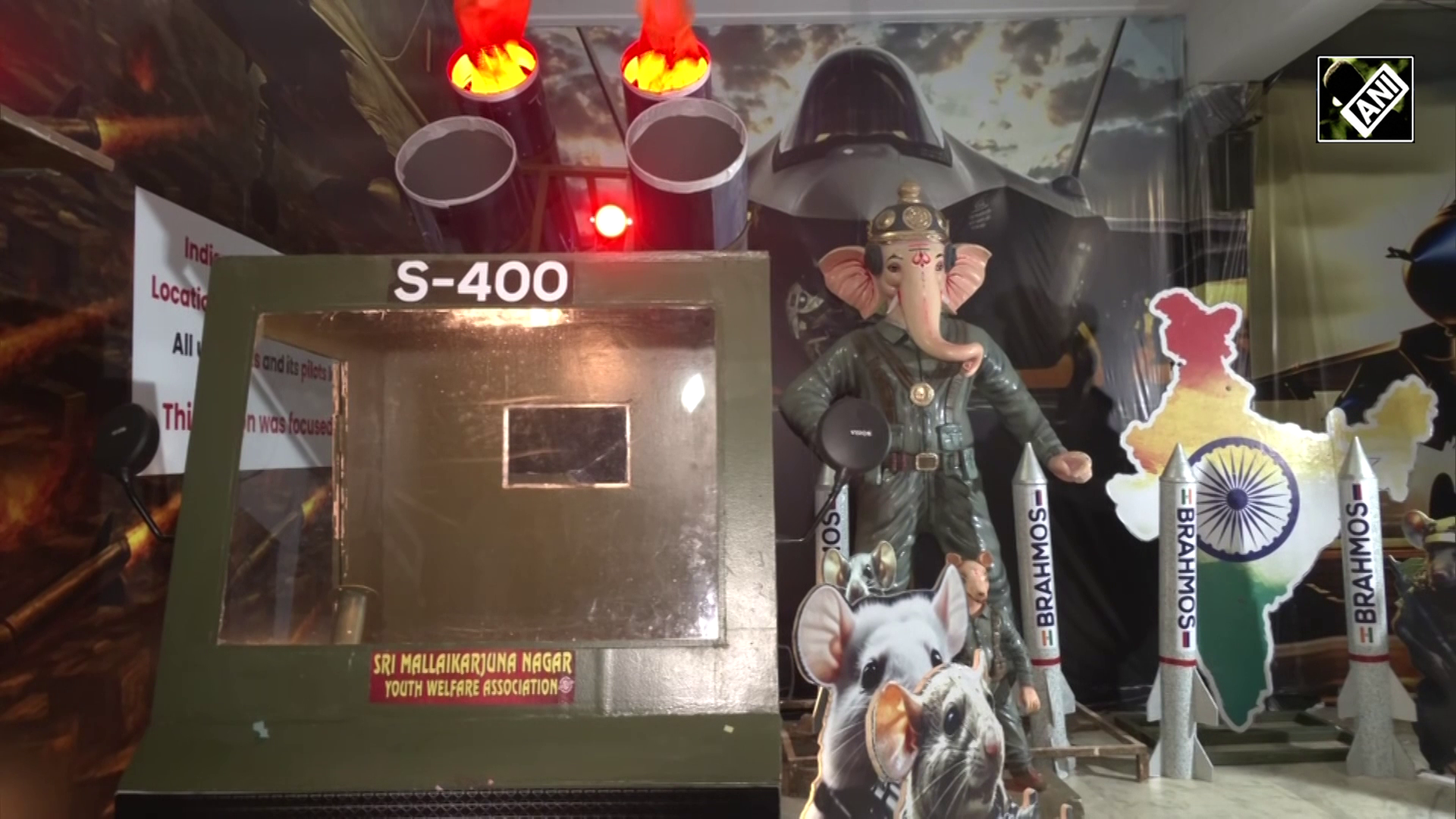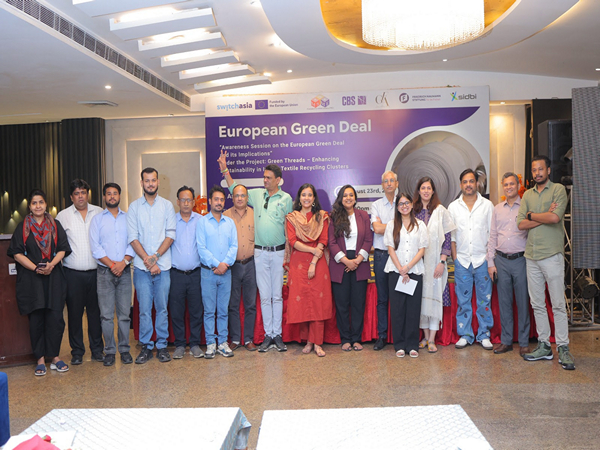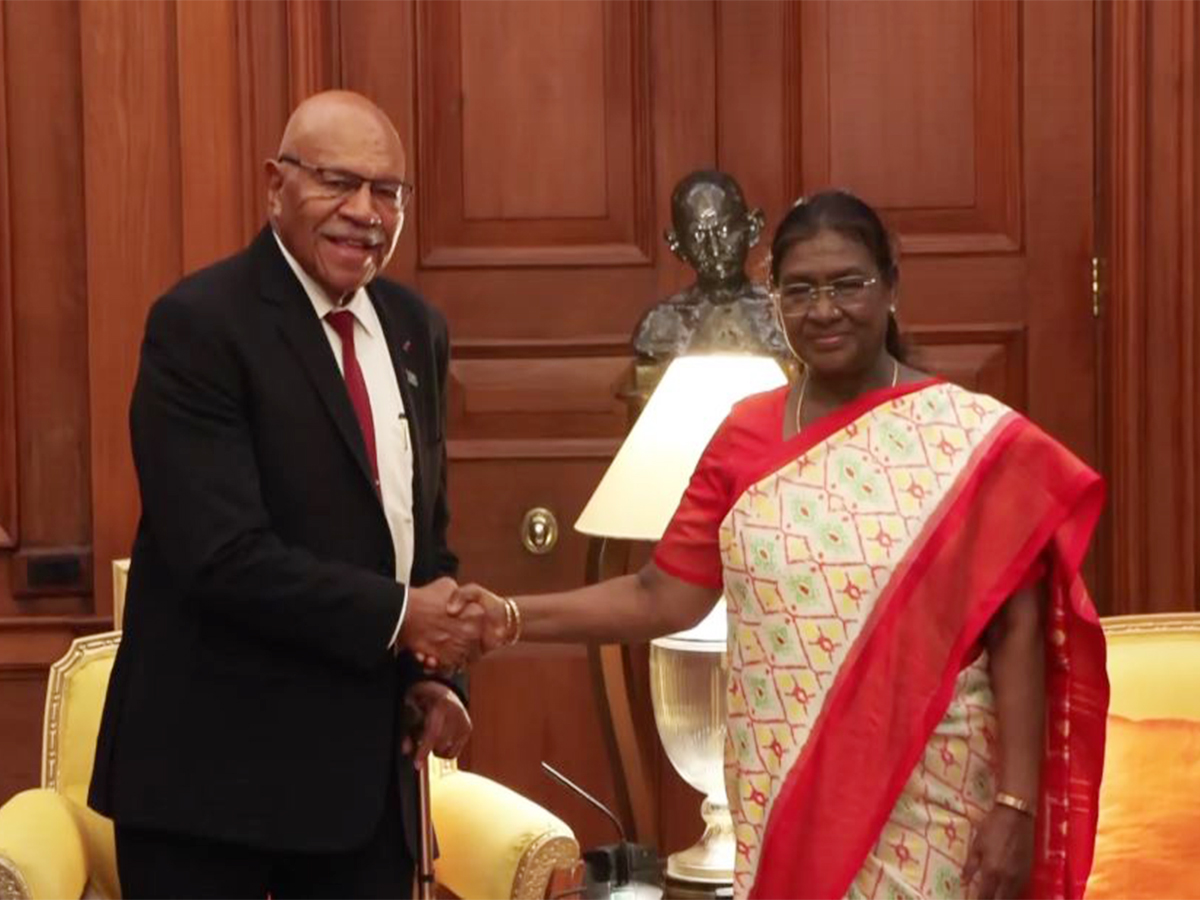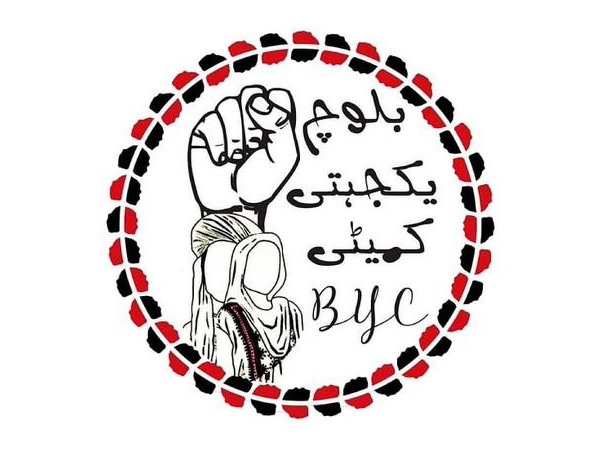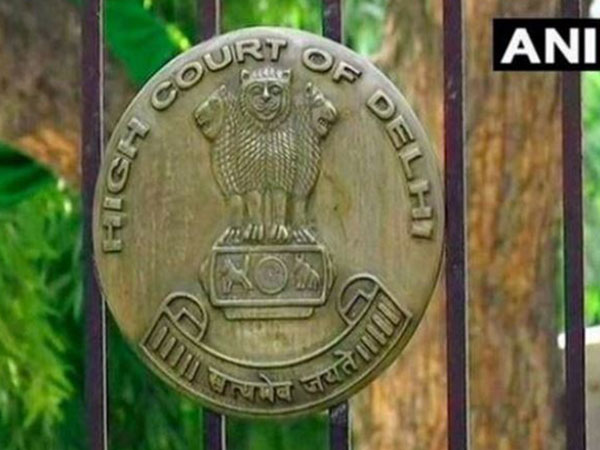
Delhi HC says educational qualifications are "personal information"; quashes CIC order on PM Modi's degree disclosure
Aug 25, 2025
New Delhi [India], August 25 The Delhi High Court ruled on Monday that educational qualifications, including degrees and marks, fall within the ambit of "personal information" under Section 8(1)(j) of the Right to Information Act (RTI) and cannot be disclosed merely to satisfy public curiosity.
The judgment came in the context of a challenge to the Central Information Commission's (CIC) 2016 directive seeking disclosure of Prime Minister Narendra Modi's undergraduate degree records from Delhi University. Justice Sachin Datta observed that "something which is of interest to the public" is different from "something which is in the public interest."
The Court held that while citizens may be curious about private details of an individual's life, such curiosity does not override the statutory protections of confidentiality.
It emphasised that the RTI Act balances competing rights by carving out exemptions for information held in confidence, including personal academic data.
The Court noted that Delhi University functions as the custodian of its students' records, which are entrusted with a legitimate expectation of confidentiality.
"The framework does not permit disclosure of marks or grades to any third party. There is an implicit duty of trust and confidentiality in handling students' academic records," the judgment stated.
It likened the university-student relationship to fiduciary relationships such as doctor-patient or lawyer-client, marked by trust, confidence, and a duty of care.
On these grounds, the High Court set aside the CIC's 2016 order, which had directed the university to allow inspection of records relating to students who graduated in 1978, the year PM Modi completed his BA course.
The CIC had previously reasoned that university degree registers are public records accessible under RTI, a view the High Court rejected.
Solicitor General Tushar Mehta, appearing for the DU, argued that indiscriminate disclosure of such records would encourage applications "driven by publicity or political motives."
He maintained that while records could be produced before a court if necessary, putting them in the public domain would be contrary to the spirit of the RTI Act. Delhi University also contended that it holds academic records in a fiduciary capacity and that disclosure without compelling public interest would be unlawful.
The case stemmed from RTI applications filed in 2016, which led to the CIC order. The High Court, which had stayed the directive in January 2017, has now quashed it entirely, holding that educational records like degrees and marksheets are protected from disclosure under the RTI Act.
